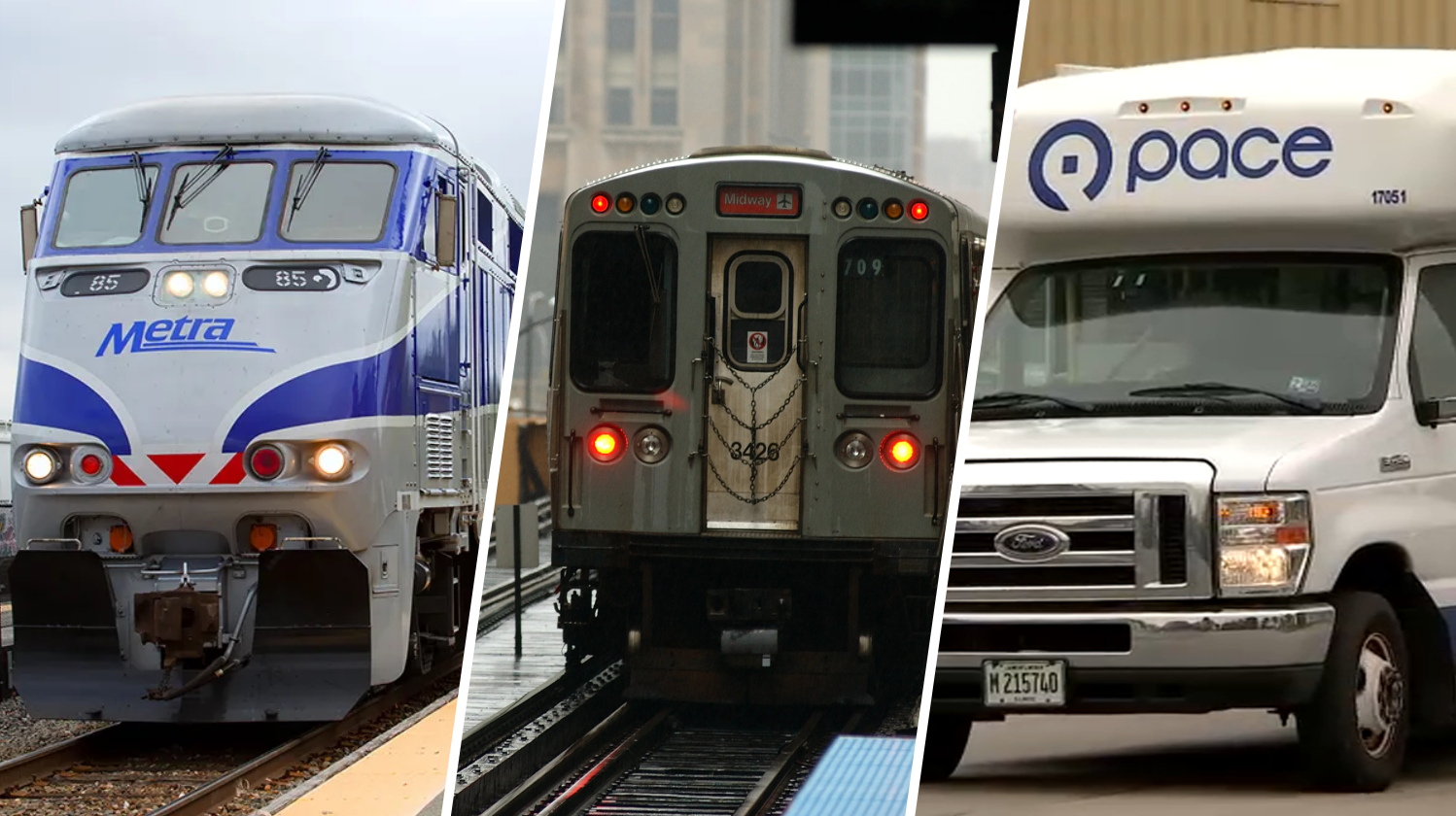Illinois reported 12,022 new confirmed and probable coronavirus cases Thursday, along with 131 additional deaths attributed to the virus as state and local health officials pleaded with residents not to gather for the Thanksgiving holiday.
According to the latest data from the Illinois Department of Public Health, the new case total brings the state to 697,489 cases of the virus since the pandemic began in March. The 131 deaths reported Thursday brought the state to 11,963 deaths amid the ongoing pandemic.
The state continued robust testing numbers in the six-figure range, with 107,556 new tests performed over the last 24 hours, lifting the state to 10,212,093 coronavirus tests performed since the pandemic began.
The seven-day positivity rate dropped slightly Thursday, falling to 10.3% from 10.6% the day before, which was up from 10.4% on Tuesday. Thursday's decline marked the seventh day in which the positivity rate had fallen in the last nine days, after rising rapidly over the past month.
The state continues to see large numbers of hospitalizations related to the virus. In all, 6,032 patients are currently hospitalized for the virus in Illinois, with 1,224 of those patients in intensive care unit beds and 724 on ventilators.
Illinois and Chicago health officials have spent days joining federal authorities and health experts in asking people to avoid travel and celebrate the Thanksgiving holiday virtually or only with members of their immediate household.
Illinois Department of Public Health Director Dr. Ngozi Ezike on Monday told residents it's not too late to cancel Thanksgiving plans as she and Gov. J.B. Pritzker voiced concerns about the possibility of an uptick in coronavirus cases, deaths and hospitalizations stemming from large gatherings.
News
"We don’t have to have 'super spreader' events at homes throughout our state and throughout the country and bring it back," Ezike said. "Please reconsider your plans and be part of the solution to decrease infections, instead of part of the plan to increase them."
Chicago's mayor and top doctor warned Wednesday that the holiday could become a "super spreading event," pleading again with residents to skip gatherings.
"Let me put this as bluntly as I can: We are extremely concerned about Thanksgiving weekend becoming a super spreading event," Mayor Lori Lightfoot said at a news conference Wednesday morning.
"Despite the ongoing warnings from responsible leaders across the country, about 50 million Americans are still expected to travel this weekend," she continued. "That is why we need to double down on our precautions in order to prevent a continued rise in cases, hospitalizations and unfortunately deaths, all of which we continue to see an uptick in."
"I'm urging you not to engage in your normal Thanksgiving plans, to keep it limited to your immediate household," Lightfoot said, noting that Chicago is projected to see an additional 1,000 coronavirus deaths by the end of the year.
"Please only celebrate Thanksgiving with those in your immediate household or remotely over the internet," she continued, adding that she had expected to celebrate with her 92-year-old mother and other family members but made the choice to celebrate apart.
"It is the best way for us to protect each other and celebrate future Thanksgivings together," Lightfoot said. "It is truly a sacrifice for sure but in my mind it's an expression of love."
Lightfoot noted that a stay-at-home advisory remains in place for Chicago, asking that residents stay home unless leaving is necessary, like for grocery shopping or work.
Chicago Department of Public Health Commissioner Dr. Allison Arwady shared a graph showing a dramatic spike in cases in Canada after the nation's Thanksgiving celebration on Oct. 12.
"After the Canadian Thanksgiving, unfortunately Canada saw a dramatic increase in COVID-19 cases and let me tell you the U.S. rates of cases right now are much worse than Canada's was and our potential for a surge is much greater," Arwady said. "So it's not too late to change plans you might have, even for tomorrow. Anything that we can do as a city to limit this risk here is a win for you, your family and Chicago."



